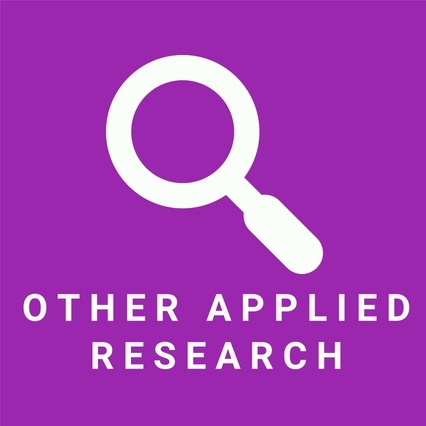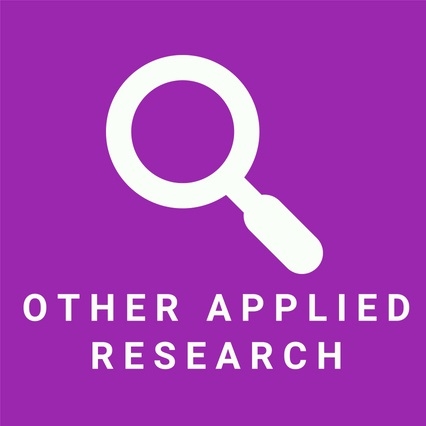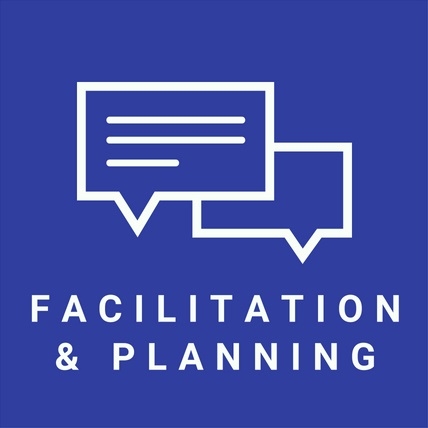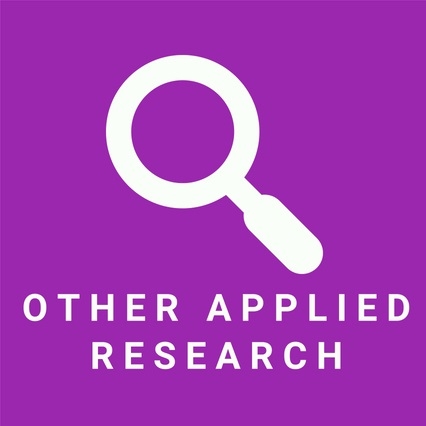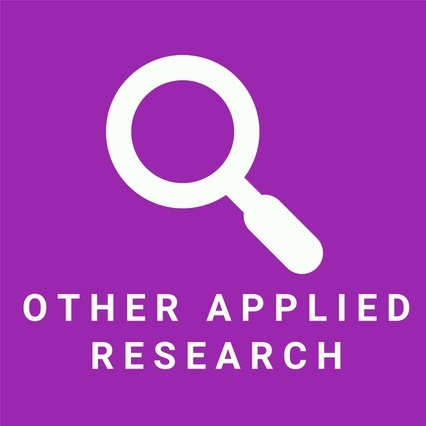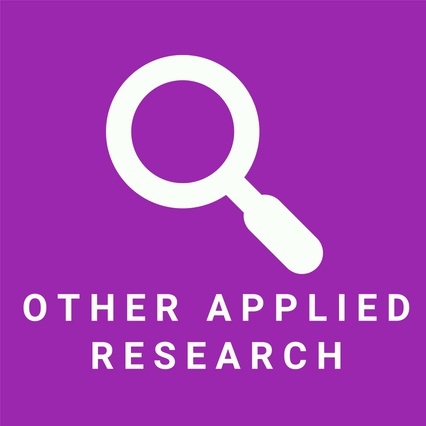Projects
CCBR typically has 15-20 ongoing projects and has completed over 500 projects since 1982. Each project is guided by our commitment to impacting social change in practical and powerful ways. We conduct research with people not on people, cultivating respect with communities at every step of the process.
Projects can be searched for using words from the project title or using the service area, theme, or date range for the project. You can also type 'Service Area' or 'Theme' into the search bar to get a list of options in each of these fields.
Projects
CCBR designed and conducted a three-part photovoice training workshop and three coaching sessions for Research Assistants (RAs) working with Dr. Ganapathy-Coleman at the University of Toronto Mississauga. It aimed to enhance the RAs' capacity in developing and facilitating photovoice workshops.
CCBR collaboratively designed and conducted two phases of a process and outcomes evaluation of the Substance Use Hub at the Inner City Family Health Team (ICFHT) clinic in Toronto. Through the Hub, patients have access to life-saving drugs, peer support, and a team of trained physicians, nurses, and support staff. The Hub also offers a safer supply program to prevent overdose and other harms by decreasing reliance on the unpredictable, unregulated drug market.
CCBR collaborated with Mennonite Church Eastern Canada (MCEC) to explore how best MCEC can be a resource to its congregations and pastors regarding engaging youth in faith formation. A literature review, an online discussion board, Photovoice with youth, and focus groups with pastors and youth leaders were conducted.
The purpose of this project was to propose an evaluation framework for Reception House Waterloo Region. This framework was based on two of its flagship programs (i.e., Refugee Assistance Program – RAP, and Client Support Services - CSS). Combined these two programs offer a range of supports to Government Assisted Refugees (GARs) within the first two years of their arrival.
The Centre for Community Based Research partnered with REACH Nexus on the project, Positive Actions: Breaking HIV Stigma to provide coaching, capacity-building, and consultation on e-learning module and workshop curriculum development. The national project aimed to develop, test, and scale HIV stigma reduction interventions regionally. CCBR developed an evaluation framework and supported in the evaluation of the Positive Action projects.
CCBR and partners sought to understand racialized newcomers' settlement experiences, particularly regarding ICTs. Through three phases, stakeholders engaged via interviews, focus groups, and case studies. Findings highlight mixed ICT experiences and persisting challenges, prompting recommendations for flexible service provision and capacity building for the settlement sector.
The Centre for Community Based Research and The Knowledge Development and Exchange Hub (KDE) will work collaboratively to develop a series of events and resources on community-based evaluation to be hosted on the KDE hub website, providing support for its funded projects in promoting the mental health and well-being of Canadians.
The Supporting Peer Work project is a community-guided research project that explores the employment experiences of peer workers in “low barrier” social service agencies in Toronto throughout the ongoing COVID-19 pandemic. The project aims to support agencies to break down structural barriers to equitable employment and learn from the transformative practices of workers with lived expertise.
This strategic program review of the Waterloo Regional Heritage Foundation (WRHF) explored diverse stakes and interests in heritage in Waterloo Region, gained input on promising practices for engaging under-represented groups in heritage, and sought recommendations for WRHF next steps in providing more equitable, diverse, and inclusive programming.
This research project employed an equity, diversity, and inclusion (EDI) framework to identify CAPC/CPNP strengths, shifting diversity, shifting needs, promising adaptations, and strategic directions for promoting more equitable and inclusive programming across Ontario.
CCBR partnered with the Research & Innovation Committee of the Scarborough Centre for Healthy Communities (SCHC) to plan and deliver activities to build organizational capacity for community-based research. These activities, including a workshop series and interactive planning retreat, helped SCHC determine research priorities and procedures for conducting internal community-based research and engaging with external research partners.
The goal of this 2-year CIHR-funded project is to explore how participatory visual methods, specifically photovoice and digital storytelling have been adapted to online and hybrid platforms to support community-based research and related social change agendas.


